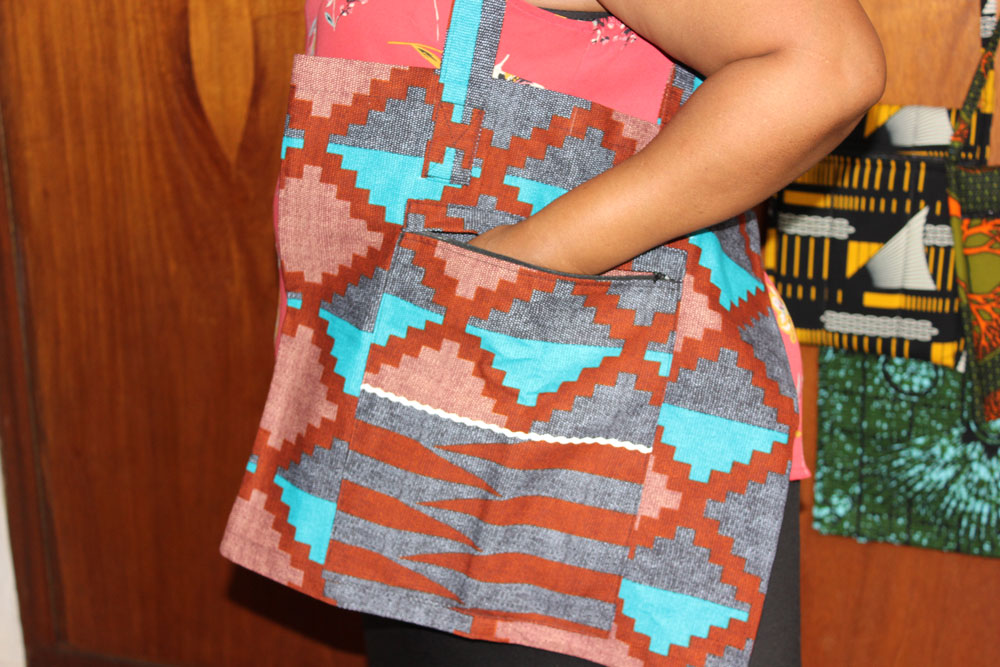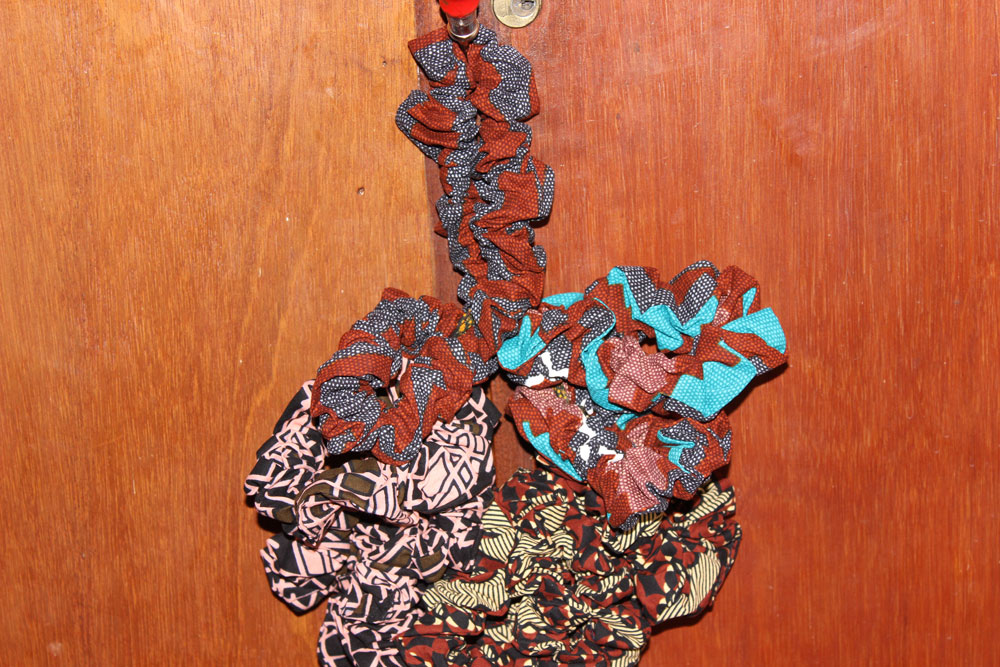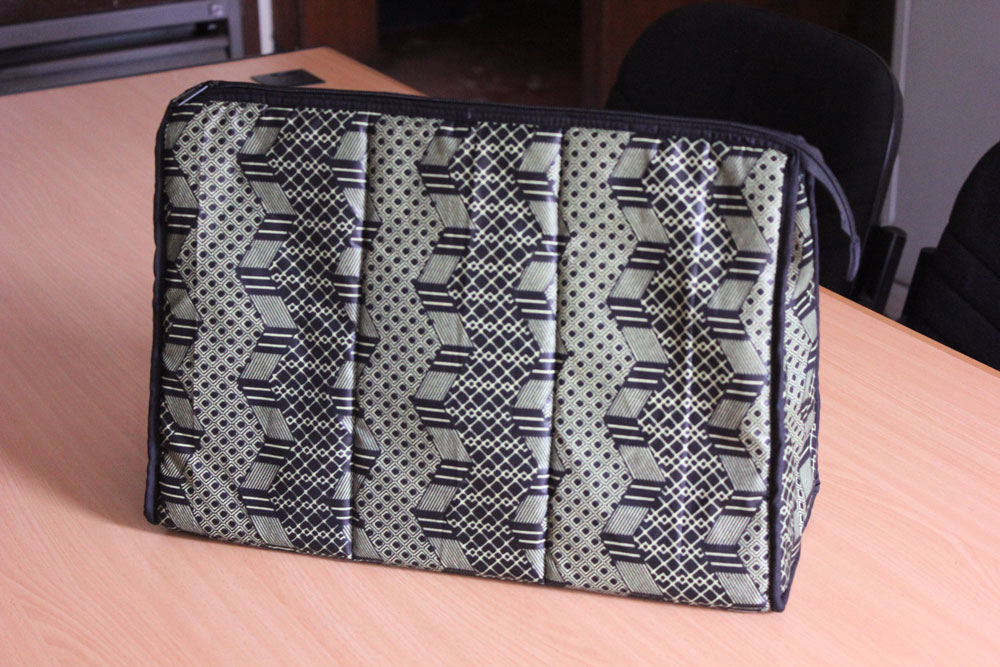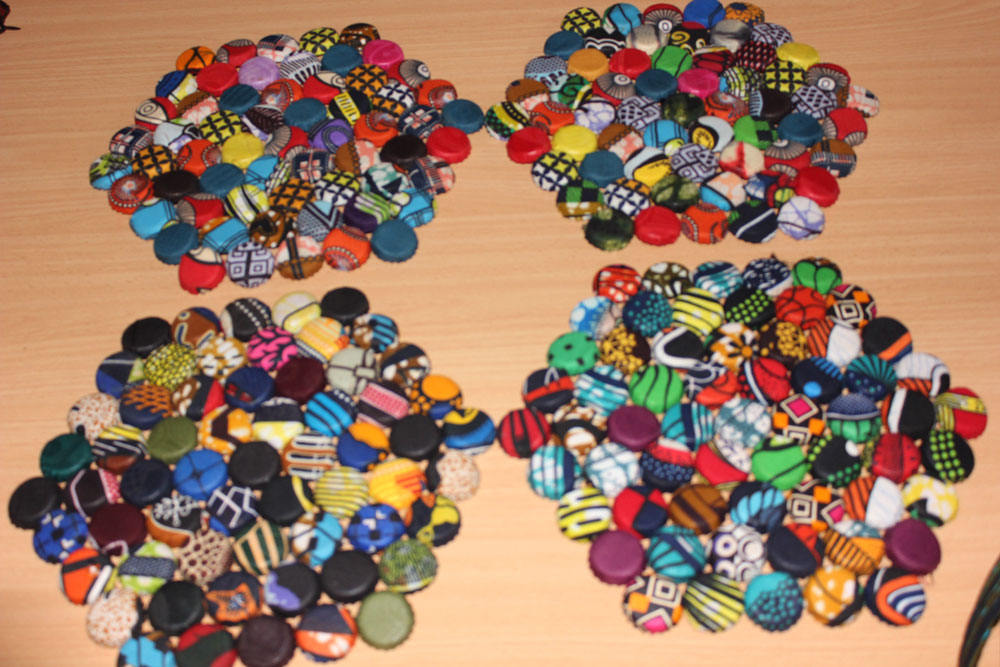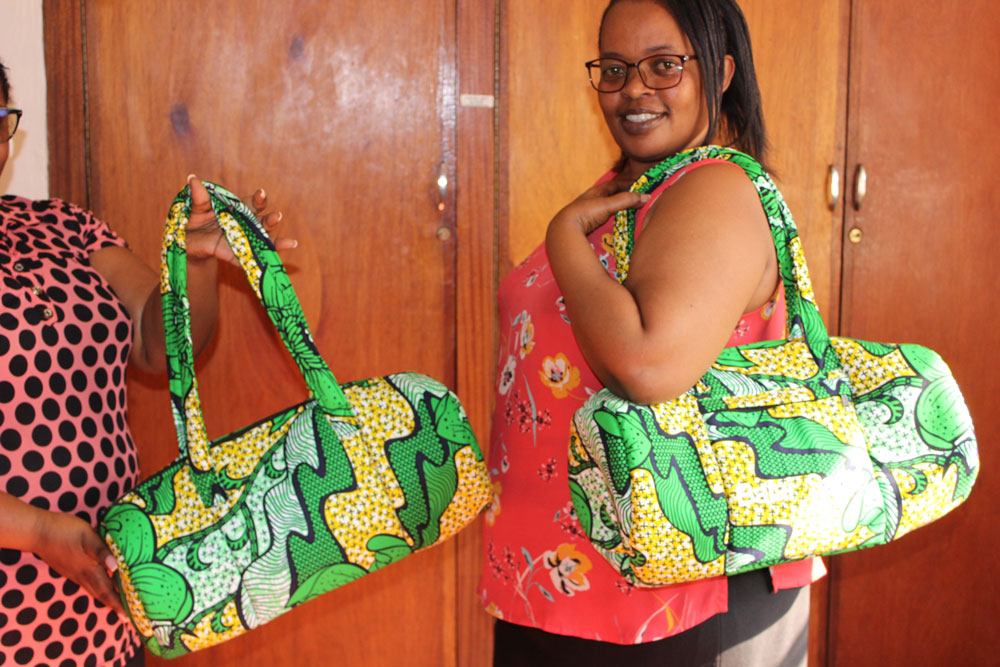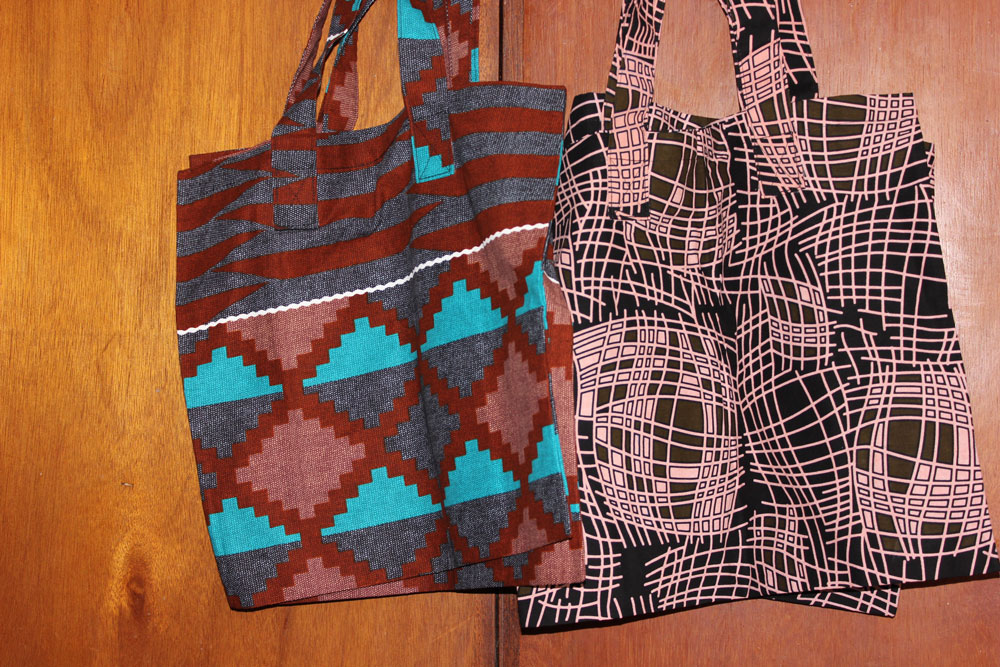MBWIRANDUMVA INITIATIVE BACKGROUND
The encounter that sparked a Movement
MBWIRANDUMVA Initiative was born not from a strategic plan, but from a moment of raw human connection — a single encounter that changed everything.
In the aftermath of the 1994 Genocide against the Tutsi in Rwanda, Mrs. Béatrice Mukansinga found herself face-to-face with the unimaginable pain that thousands of women were silently carrying. One day, she was approached by a young genocide survivor,
a girl who had been brutally raped by the Interahamwe militia during the genocide. She was holding a child — the child conceived in violence, in trauma, in the darkest moment of her life.
The young mother, overwhelmed by grief, had come to abandon her baby, asking Béatrice to take the child in her place. She could no longer carry the emotional burden. The child, she said, was a living reminder of her humiliation, of her suffering, and she felt unable to be a mother to this innocent soul.
That moment pierced Béatrice to the core. But instead of looking away, she listened. She didn’t just hear the pain — she held it. She asked the girl not to abandon her child. Instead, she gently encouraged her to go and bring others — other women, other girls — who were suffering in the same silence, carrying the same invisible wounds.
From that moment of listening — that one act of compassion MBWIRANDUMVA was born. In Kinyarwanda, Mbwirandumva means “Speak, I’m Listening.” It became more than a name; it became a philosophy, a safe space for women to speak without fear, to be heard,
to be believed, and to be supported.
Since that first conversation, MBWIRANDUMVA Initiative has helped thousands of women and girls who were victims of rape, trauma, and abandonment. The organization has become a lifeline
for healing, offering
- Our Vision To build a society where vulnerable individuals — especially women and girls affected by genocide, gender-based violence, or social and economic injustice — are empowered to overcome crisis, reclaim dignity, and thrive in an environment of social justice.
- Our Mission To advocate for and provide holistic assistance to women and girls impacted by gender-based violence and the consequences of the 1994 Genocide against the Tutsi — supporting their recovery through psychosocial care, empowerment, and opportunity.
-
Our Core Objectives
Mental Health and Dignity: Restore the dignity and mental well-being of women and girls through psychosocial support, professional skills development, and entrepreneurship.
Sustainable Empowerment: Provide vocational and hands-on training that equips vulnerable women with the tools to achieve self-reliance and long-term income generation.
Human Rights and Family Cohesion: Promote human rights, protect vulnerable families — especially foster families — and prevent the breakdown of the family unit.
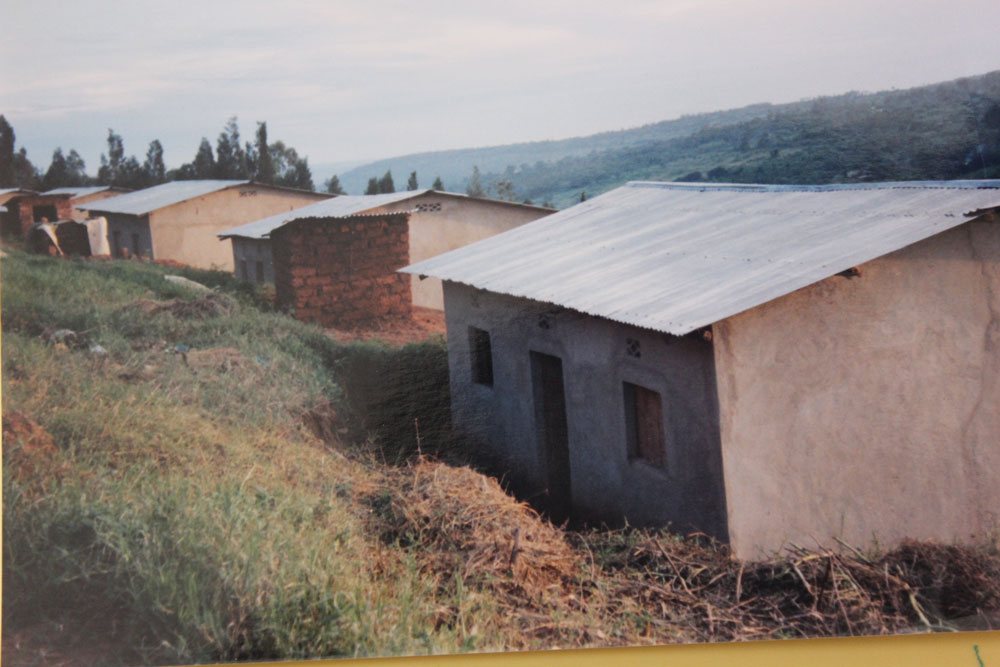
Many of the women and girls we serve were left in deep grief, trauma, and extreme vulnerability, with no shelter and no stability. In response, the organization built 42 houses in Kabeza, providing a safe and dignified home for widows and orphaned survivors of the 1994 Genocide against the Tutsi.
These homes stand not just as physical shelters, but as symbols of restoration, healing, and renewed hope — a foundation from which our beneficiaries can rebuild their lives.
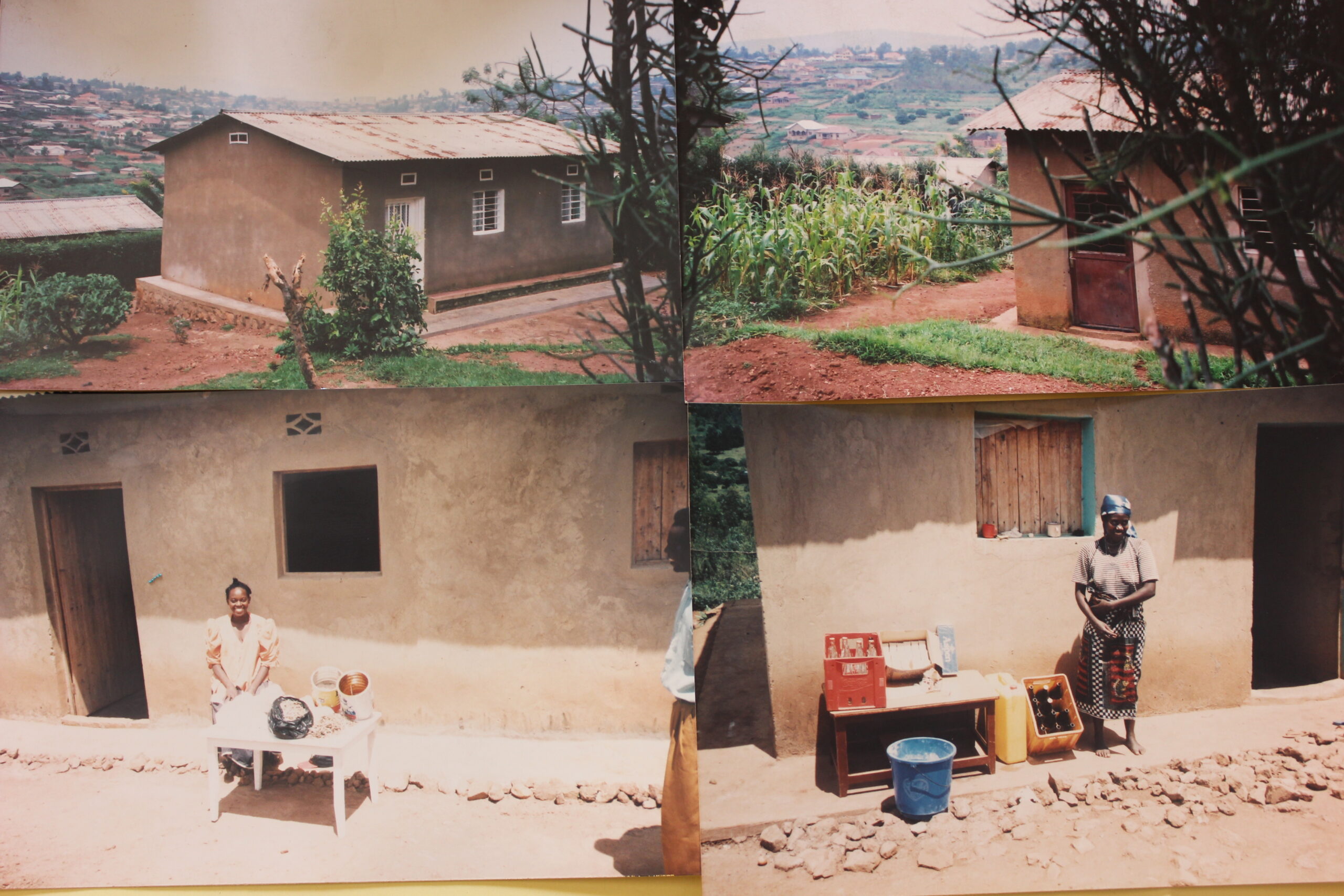
After providing housing to our most vulnerable women—many raising children born of rape or caring for younger siblings—we realized shelter alone was not enough; they needed a path to rebuild their lives.
At MBWIRANDUMVA Initiative, we formed small groups of these women and girls, offering vocational training in tailoring, hairdressing, and baking—skills to restore dignity and enable self-reliance.
Those with young children were supported to access primary and formal education. Many have since flourished—like Ingabire Grace, who rose from our care to study internationally, including at Harvard University, where she pursued a career in International Public Markets. Her story reflects the power of healing, opportunity, and hope

At MBWIRANDUMVA Initiative, healing has always been at the heart of our work. This photo captures a group trauma counseling session with our founder, Beatrice MUKANSINGA, and a professional counselor. In these safe spaces, mothers came together to share their pain, support one another, and begin the journey of emotional healing—through both group and individual counseling. It is here that many rediscovered their voices, dignity, and the courage to rebuild their lives.

As part of our continued journey to rebuild lives and restore dignity, MBWIRANDUMVA Initiative launched a small livestock rearing program for our women beneficiaries. Each woman received a goat, rabbit, or hen—carefully selected not only for income generation but also for their ability to provide food security for families. These animals became a critical source of nutrition (milk, eggs, meat) and small business capital through local market sales. But more than just income, this program cultivated a spirit of solidarity and sisterhood. Built on the principle of “one for another,” each woman who received a goat would commit to giving the firstborn kid to another member once it matured. This created a rotational system of empowerment—ensuring that every woman eventually received support and no one was left behind. Through this approach created sustainable, community-led solutions to poverty and food insecurity. The program became one of the most unifying and dignifying efforts within our initiative.
This coming December we are planning the exhibition of Quality products
Empowering Mothers Through Tailoring & Handcrafts Training
At MBWIRANDUMVA Initiative, we are equipping mothers of children with disabilities with hands-on vocational skills to support themselves and their families. Through tailored training programs in tailoring, hand crocheting, bag-making, and knitting, these mothers are learning to produce high-quality garments for both children and adults. Each stitch is not only a skill learned — it is a step toward economic independence and restored dignity. This training provides a lasting impact that helps these women build hope for their future.
